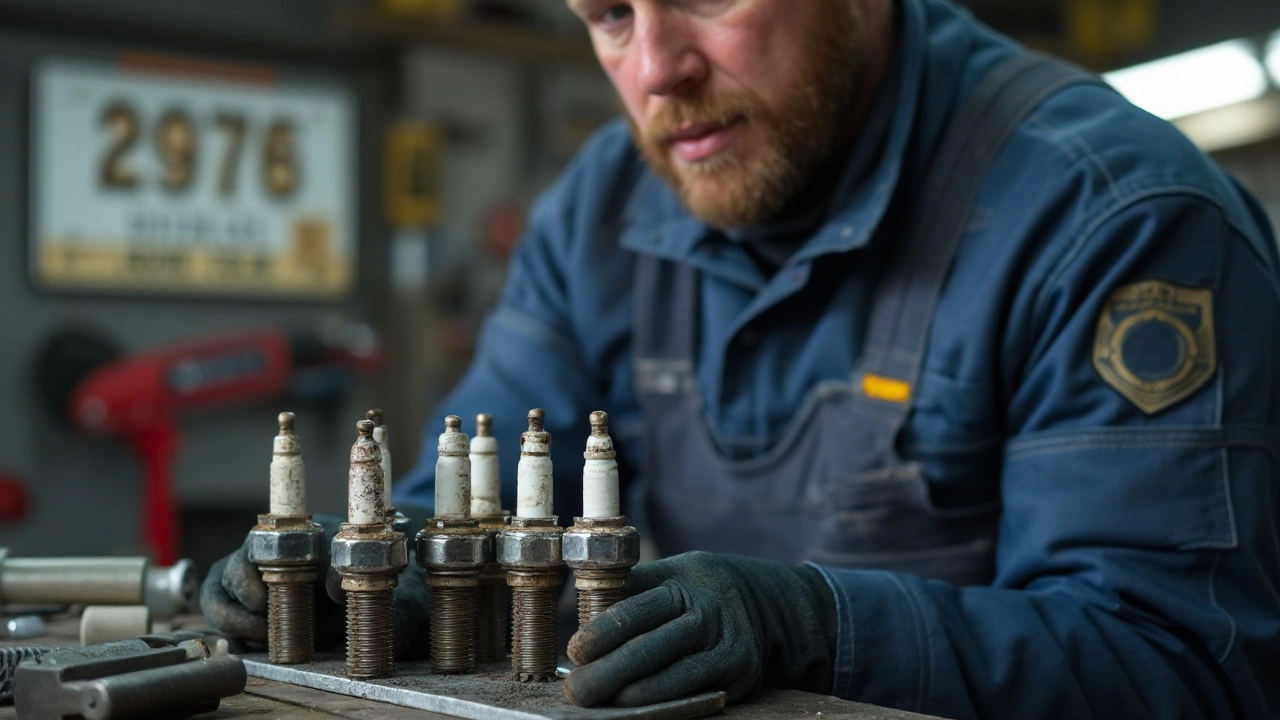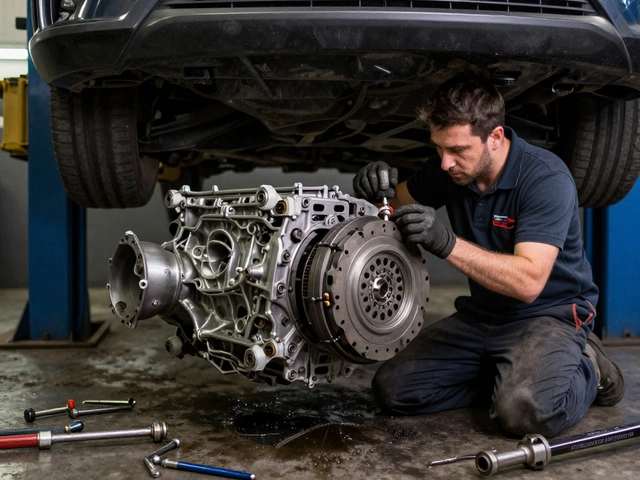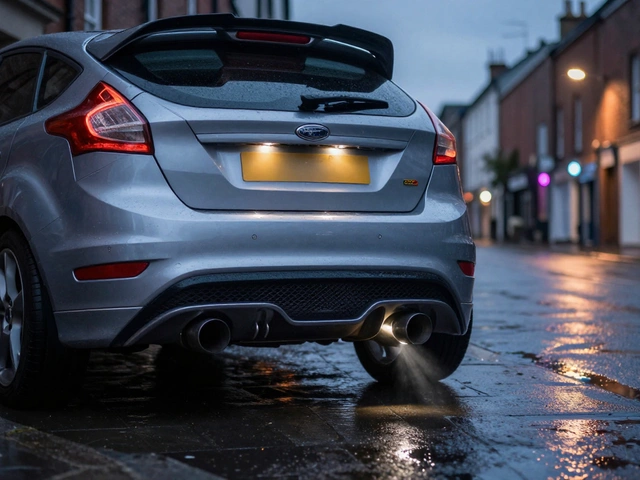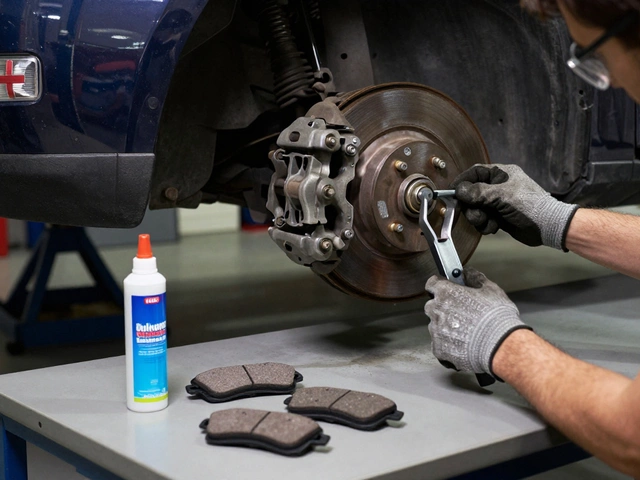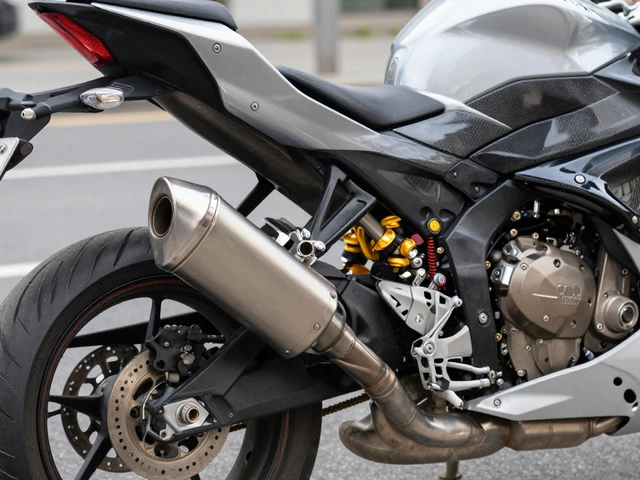Engine Tips: Essential Care, Common Problems, and How to Avoid Costly Repairs
When it comes to your car, the engine, the core component that turns fuel into motion. Also known as the powertrain, it’s what keeps you moving—and what breaks most often when ignored. Most people think engine trouble shows up with loud noises or smoke, but the real problems start quietly: a dip in fuel economy, a slight hesitation when accelerating, or the check engine light blinking once then going off. These aren’t random glitches. They’re signals your engine is asking for help.
What you do—or don’t do—between oil changes has a direct effect on how long your engine lasts. Skipping oil changes leads to sludge buildup, which clogs vital parts and causes premature wear. That’s why checking your engine oil level, the amount of lubricant circulating inside your engine regularly isn’t optional. Too little oil and your engine seizes. Too much, and it can damage seals or even cause hydrolock. The same goes for your fuel pump, the device that pushes gasoline from the tank to the engine. A failing fuel pump won’t always throw a code, but your car will start acting sluggish, especially on the highway. You might think it’s the spark plugs or the air filter, but nine times out of ten, it’s the pump struggling to keep up.
Your engine doesn’t work alone. It relies on the radiator, the system that pulls heat away from the engine to prevent overheating to stay cool. A cracked radiator, a slow coolant leak, or even old coolant can turn a minor issue into a blown head gasket. And while you’re thinking about heat, don’t forget the clutch. A slipping clutch doesn’t just make acceleration feel mushy—it puts extra strain on the engine because it’s not transferring power efficiently. That’s why symptoms like a clutch that feels spongy or engages too high on the pedal aren’t just transmission problems. They’re engine stress signals.
These aren’t isolated fixes. They’re part of a chain. Poor radiator performance leads to overheating, which stresses the engine. A weak fuel pump makes the engine work harder to get fuel, burning more oil and creating carbon deposits. Ignoring clutch wear means the engine is spinning against resistance, which wears out bearings and seals faster. You can’t fix one without looking at the others.
Below, you’ll find clear, no-fluff guides on exactly what to check, when to act, and how to tell if you’re being overcharged. Whether you’re trying to figure out if your radiator is truly dead, whether you need a new fuel pump, or if that weird noise is just the clutch giving up—every post here is written for drivers who want answers, not sales pitches.
